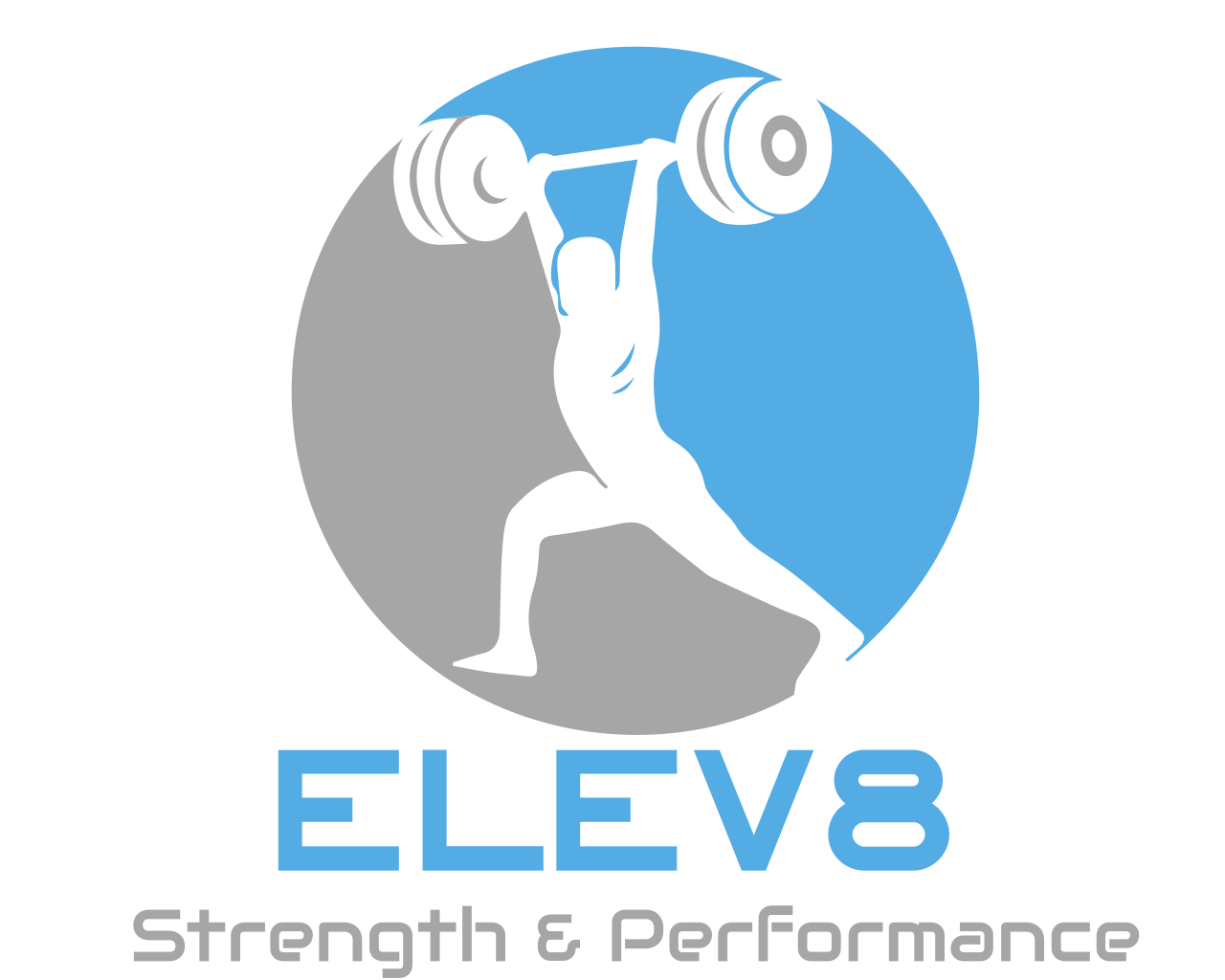The death of good strength & conditioning
Here we go, hopefully this doesn’t ruffle too many feathers. I was listening to a podcast this morning with renowned coach Mike Boyle, discussing on the Movementfix podcast why he prefers unilateral training and has, at this point, mostly abandoned bilateral squatting with a barbell.
First, let me say this: Coach Boyle is a phenomenal coach. I strive to be as knowledgeable and respected in the field as he is, he has done great things for our profession. None of this is meant in any way as an afront to him or his system. That said, I believe in barbell squatting. As an Olympic lifting coach, it’s a significant portion of most training. As a strength coach, I believe it has a significant time and place in a program, with some caveats. It has been incredibly successful for most of my athletes.
Anyway, as I was listening to this podcast, I found myself getting riled up, to the point of almost turning it off, thinking things like:
You’re just wrong about the back squat!
Stop demonizing a barbell!
There’s plenty of room for bilateral squatting in strength training for athletes.
But, I did something that is becoming rarer and rarer these days, especially on the internet; I kept listening, and I tried to recognize my own bias towards barbell lifting, and learn from what he had to say even if I disagreed at the moment.
And something wonderful happened; I started thinking critically about what I was trying to get out of back squatting my athletes, and if that could be replicated via other means.
Here’s the thing, to the body, stress is stress. Progressively overloading a back squat is the same to the body as progressively overloading a goblet squat, or a unilateral squat. Factors like lever arms and limb angles can factor into the equation here as well, but that’s beyond the scope of this article for now.
As strength coaches, our job is to improve the performance of our athletes. If Coach A can improve an athlete’s vertical jump 10” by back squatting, and Coach B can do the same without ever touching a barbell, both safely and in the same amount of time, we just took 2 roads to the same destination. Neither is “right”, and neither is “wrong”.
Here’s my personal philosophy: If an athlete can safely, effectively demonstrate they’re ready to back squat, we’ll most likely back squat. If not, as a coach I have many tools in the toolbox to elicit the same adaptation, and it would be a disservice to my reputation and more importantly a disservice to my client’s success and health to force them into any one way of lifting.
The point of all this is to say that, while I don’t fully agree with Coach Boyle about how he goes about using barbell squats, it would hinder my effectiveness as a strength coach to ignore what he has to say because I believe in a certain system of training. My job is to get my athletes performing better for their sport, and it is my professional responsibility to do that in the safest, most effective way possible whether that aligns with what I believe in personally or not.
I believe good strength and conditioning doesn’t follow a “system”. That’s a hard sell in today’s market, where Ebooks, secrets and systems are all the rage. As an athlete, you come to me with a destination; improved performance. My job is to provide you the roadmap and find a new route if one of those roads is closed. Good coaches should always be learning, implementing new strategies, and finding the best ways to improve performance. I became a better coach by listening to Coach Boyle, someone who, on the surface, I disagreed with about this particular issue.
This is where I find fault in many strength and conditioning philosophies, and that’s dogma. As soon as a coach believes they’ve found “the answer” or “what works” definitively, they begin to lose effectiveness as a coach. We are not Sith Lords, so we don’t deal in absolutes. What works for one athlete may be tremendously detrimental to another. To say an athlete “must back squat” is wrong, and potentially dangerous. However, I also believe to say an athlete “will never back squat” can be equally as incorrect.
If I could end this article with one piece of advice it would be this: learn from someone you disagree with today. Instead of throwing your hands up and calling them an idiot, really think about how their previous experiences, knowledge, or philosophies can make you a better person and a better coach. If we could all do that, the world would probably be a better place.
